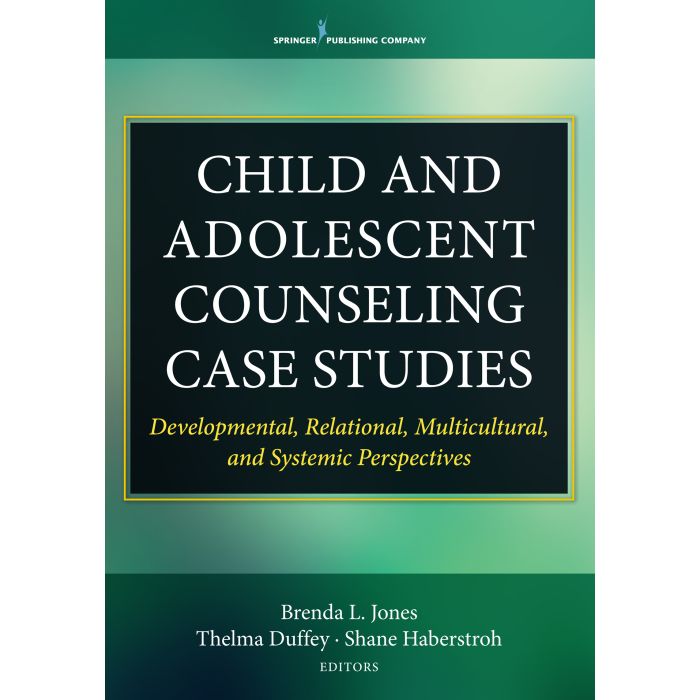

Journal of Consulting Psychology 29:552–557.Įxamines dimensions of parenting in maternal and paternal behavior. A configurational analysis of children’s reports of parent behavior. Journal of Abnormal and Social Psychology 59:226–235.Įxamines dimensions of parenting in maternal behavior. A circumplex model for maternal behavior. Provides an overview of the development and evolution of the parenting styles typology. In International encyclopedia of interpersonal communication.

New York: Russell Sage Foundation.ĭiscusses the dimensions of parental warmth/hostility and restrictiveness/permissiveness.

Consequences of different kinds of parental discipline. New York: Dryden.Įxamines parental emotional warmth/hostility and detachment/involvement.īecker, W. C. Child Development 20:49–62.Įxamines effects on children of democratic, authoritarian, and laissez-faire parenting.īaldwin, A. L. The effect of home environment on nursery school behavior. This body of research laid the groundwork for the development of Baumrind’s parenting styles typology, and made its introduction in 1966 very timely.īaldwin, A. L. There was remarkable similarity in the important dimensions of parenting identified by these researchers, as well as widespread agreement as to their impact on child outcomes. Becker 1964 examines warmth (acceptance)/hostility (rejection) and restrictiveness/permissiveness. Schaefer 1959 and Schaefer 1965 consider three parent dimensions: acceptance/rejection, firm/lax behavioral control, and psychological autonomy/psychological control. Baldwin 1955 examines emotional warmth/hostility and detachment/involvement. Symonds 1939 examines the dimensions of acceptance/rejection and dominance/submission. Other research focused on the dimensions underlying parents’ socialization of children. Prior to Baumrind’s application of group dynamics theory to parenting, Baldwin 1949 studied the effects on children of democratic, authoritarian, and laissez-faire parenting, concluding that democratic parenting was maximally conducive to child development. The aftermath of World War II brought with it an interest in examining the impact of various leadership styles on group process, resulting in the application of leadership concepts to parenting research ( Givertz 2016). Historical Context of Parenting Styles Research Baumrind’s typology continues to serve as the classic nomenclature within parenting styles research, and has dominated the parent-child research agenda, appearing in some capacity in most parenting studies to this day. One consequence of parenting styles that has received a lot of research attention is narcissism. The typology has also been used to understand a relatively new trend in parenting, commonly referred to as helicopter parenting, and to examine its consequences for children at a variety of developmental stages, particularly during emergent adulthood. This change in the typology increased its external validity, and led to an interest in examining the applicability of the typology in diverse socioeconomic, racial/ethnic, and cultural groups.
#Parenting across diverse contexts series#
Since its introduction, the parenting styles typology has expanded to specify two underlying dimensions of parenting that combine in various ways to result in four rather than three original types, as well as to identify a series of subtypes reflecting moderate levels of the two dimensions. Baumrind’s typology borrowed the terms authoritarian and permissive parenting from the leadership literature, and introduced the concept of authoritative parenting to the parenting research lexicon. It was not until Diana Baumrind introduced her parenting styles typology in 1966 that research on parenting styles coalesced. The dimensions underlying leadership styles could be applied to parenting, and several researchers were simultaneously engaged in examining the dimensions underlying parenting behaviors. Research on parenting evolved out of an increased interest in leadership styles, and particularly authoritarian personality, that emerged following World War II. Parental authority is a key concept within parenting styles research, and refers to the type and extent of discipline used by parents in carrying out parental authority (i.e., behavioral control versus psychological control). “Parenting style” refers to a cluster of parental practices that produce relatively stable and identifiable patterns in child adjustment outcomes. Parenting styles reflect variations in the attitudes and practices of parents, and comprise discrete parenting behaviors.


 0 kommentar(er)
0 kommentar(er)
